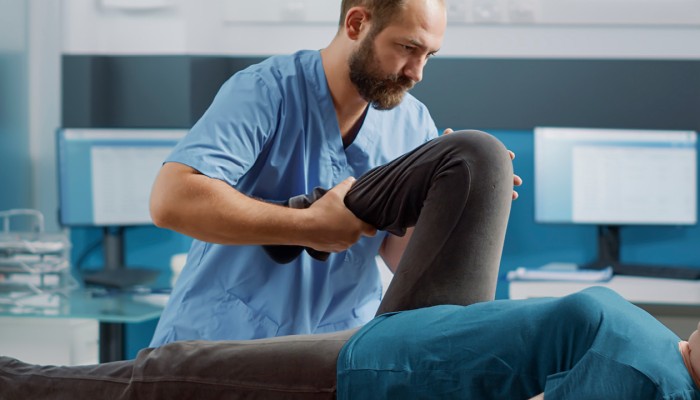Total price:
Hormones are those natural carriers of messages through the nervous system that also have an impact on our mood.
How to stimulate hormones that bring happiness?

We know four types of hormones that make us happy
-
OXYITOCIN
It’s produced by the hypothalamus, a gland in the brain, and creates feelings of tenderness and the need for touch and hugging, which is why it’s also called the love hormone. It’s increased by skin contact, e.g. hugging, sex, breastfeeding. Touch can be relaxing and calming, but with some people we feel it, with others we don't – the chemistry is there or it’s not. What’s interesting is that there’s no substance that we can consume to have more oxytocin in our bodies. The oxytocin concentration rises as well as falls or returns to its previous level very quickly. Oxytocin helps reduce feelings of anxiety and also lowers levels of the stress hormone cortisol and blood pressure.
We recommend lots of hugs, touching and caresses. Praise and hug your children, your loved ones, give compliments, play with your dog or cat, or get a massage.
-
SERATONIN
It's also called the happiness hormone. It’s produced by adrenal glands and acts as a mood stabiliser, stimulating feelings of joy, euphoria and zest for life. Low serotonin levels are associated with irritability, apathy, fatigue and lack of energy. Research also confirms that serotonin deficiency can aggravate diabetes. Serotonin levels increase when we eat carbohydrates. A piece of chocolate, for example, has a quick effect.
Let's go out in the fresh air, take a walk in the nature, get some sun. Let's swim (even outdoors in winter, for example in a thermal pool), cycle, hike, or go to the seaside. Mindfulness meditation has beneficial effects as well.
-
ENDORPHIN
Endorphin is also produced in the brain and acts like morphine, which is why it’s also called the painkilling hormone or endogenous (internal) morphine. It’s secreted during pain and physical effort, and so increases endurance. For example, the concentration of endorphins increases during intense exercise, in an exam, during and after childbirth. This is why we feel satisfied and euphoric after such exertion. Excessive exercise is associated with its effects, because such individuals seem addicted to the pleasant feelings after exercise.
Some say that acupuncture needles, which naturally relieve pain, are connected to endorphins as well. This hormone is also released when we feel pleasure, for example when we laugh, eat or orgasm. In the diet, dark chocolate, hot spices and foods high in vitamin C (fruit and vegetables), as well as scents such as vanilla and lavender, raise endorphin levels.
-
DOPAMINE
This hormone increases alertness, activity and focus, and together with serotonin plays an important role with the feeling of ‘butterflies in the stomach’ when falling in love. It’s also called the reward hormone, because it encourages us to try harder to complete a task or achieve a goal. Dopamine creates excitement in anticipation of an achievement or a pleasant event. Too much dopamine causes restlessness and anxiety, while too little leads to fatigue, poor concentration and depressed mood. The production of tyrosine, a precursor of dopamine, is increased by protein in the diet, but also by seafood because it’s high in omega-3 fats.
Dopamine production is increased when we are organised and when we accomplish what we set out to do. It’s released when we are creative and when we expect a good result or when we feel pleasure and we are satisfied with ourselves. So, let's do our best, finish the tasks we have set out to do and celebrate our little victories!
Regular exercise is crucial
Scientists have discovered that endorphin levels in the body decline over the years. This is why they advise to stay fit by exercising regularly and doing all the things that release these feeling-good hormones – laughter, sex, dancing, a diet rich in vitamin C and chilli, and aromatherapy massage baths.

More open to romance in summer
The structure of hormones in the body is also influenced by genes and environment. For example, people in sunnier places are known to be more open and cheerful, while northerners are more melancholic and introverted. For this reason, we're also more open to romance in the summer – thanks to just the right dose of hormones and sunshine!

Pleasant and useful
Provide your body with a full dose of hormones that make you happy. Book a holiday with the ImmunoRebalance programme to boost your immune balance or SlimFit programme for healthy weight loss at Terme Šmarješke Toplice.

Let's finish with 5 tips for better mood and happier life
So, our mood is significantly linked to the food we eat and the activities we engage in. When we're feeling low, this is how we can help ourselves:
- Let's go out in nature, in the sunshine;
- Laugh and hug;
- Eat more fruit and seafood;
- Set (realistic) goals, because achieving them will boost your mood and self-esteem, and reward yourself when you achieve them;
- Get a massage or enjoy an aroma bath at the spa and create an oasis of well-being at home.






